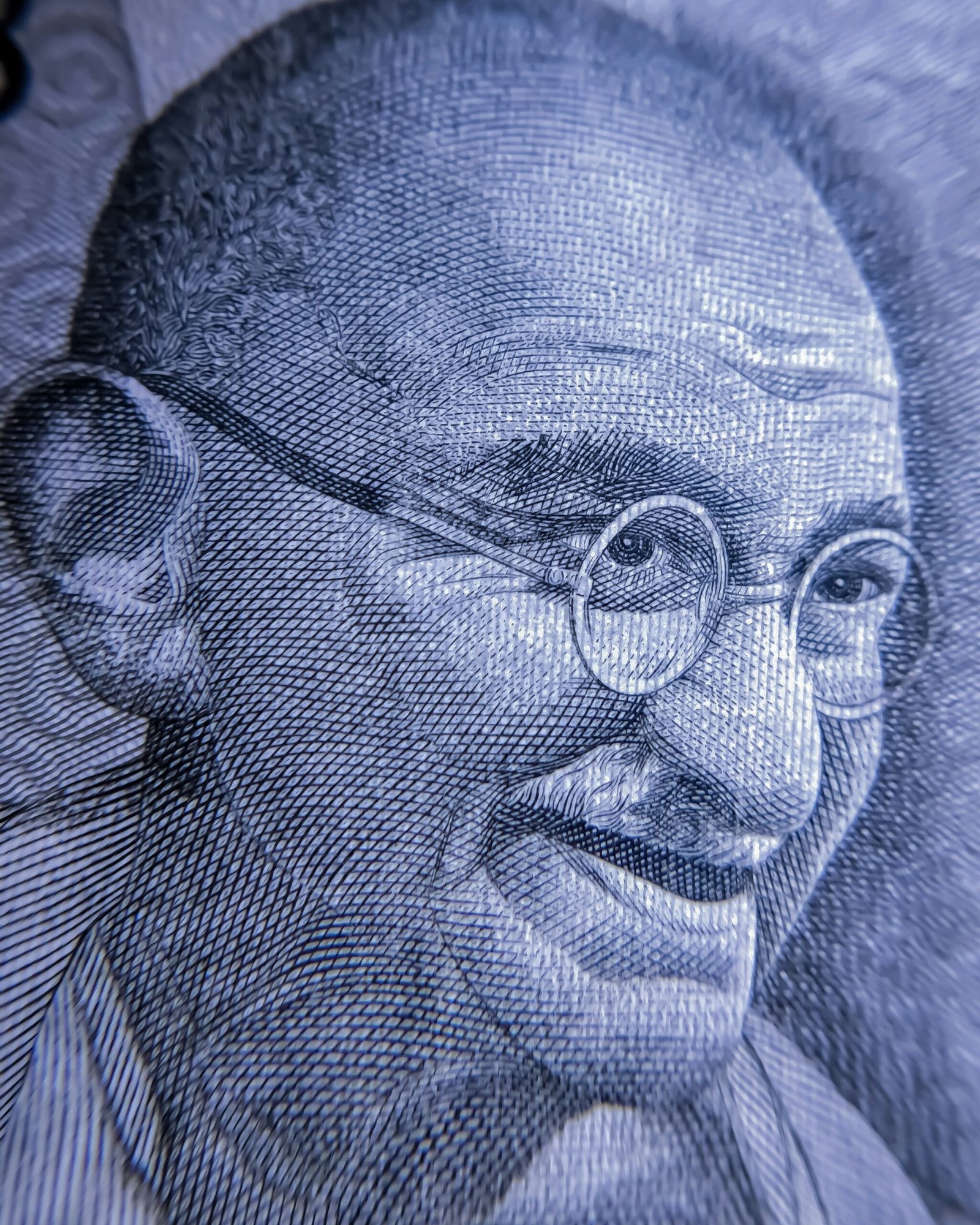On January 30, 1948, the world mourned the loss of Mahatma Gandhi, the revered leader of the Indian independence movement. Gandhi, known for his philosophy of non-violence and peaceful resistance, was assassinated in New Delhi by Nathuram Godse, a Hindu nationalist. This tragic event shook the nation and left an indelible mark on history.
Mahatma Gandhi’s role in India’s struggle for independence from British rule cannot be overstated. Through his tireless efforts and unwavering commitment to non-violence, he inspired millions of Indians to rise up against oppression and fight for their freedom. His methods of peaceful resistance, including civil disobedience and hunger strikes, became powerful tools in the fight for justice.
Gandhi’s assassination was a direct attack on the principles he stood for. Nathuram Godse, a former member of the Hindu nationalist organization Rashtriya Swayamsevak Sangh (RSS), held deep ideological differences with Gandhi. Godse believed that Gandhi’s advocacy for Hindu-Muslim unity weakened the Hindu community and hindered the formation of a Hindu state.
On that fateful day, as Gandhi made his way to a prayer meeting at Birla House, Godse approached him and fired three shots at close range. Gandhi succumbed to his injuries shortly after, leaving the nation in shock and mourning. The news of his death spread like wildfire, and millions of people across India and the world expressed their grief and solidarity.
The assassination of Mahatma Gandhi had far-reaching consequences for India’s political landscape. It not only marked the end of an era but also highlighted the deep divisions within the country. While Gandhi’s non-violent approach had united people from diverse backgrounds, his death exposed the underlying tensions and conflicts that persisted.
In the aftermath of the assassination, Godse and his co-conspirators were arrested and put on trial. Godse, unapologetic for his actions, used the trial as a platform to justify his beliefs and express his grievances against Gandhi. He was ultimately convicted and sentenced to death, along with his accomplices.
The assassination of Mahatma Gandhi left an indelible impact on the world stage. Leaders and citizens from around the globe mourned the loss of a man who had become an international symbol of peace and resistance against oppression. The United Nations observed a moment of silence in honor of Gandhi, recognizing his contributions to the promotion of peace and non-violence.
Gandhi’s legacy as the “Father of the Nation” continues to inspire generations. His teachings on non-violence, equality, and social justice remain relevant in today’s world. His philosophy of ahimsa (non-violence) has influenced countless movements for freedom and justice, including the civil rights movement led by Martin Luther King Jr. in the United States.
To this day, the assassination of Mahatma Gandhi remains a subject of historical inquiry and debate. Scholars and researchers continue to analyze the motivations behind the act and its implications for Indian society. The event serves as a reminder of the challenges faced by those who strive for peace and justice in the face of adversity.
For more information on the assassination of Mahatma Gandhi and its historical significance, you may refer to the following external references:
1. “Gandhi’s Assassination: The Conspiracy Unraveled” – National Archives of India
(Link: [https://www.nationalarchives.gov.in/gandhis-assassination-the-conspiracy-unraveled](https://www.nationalarchives.gov.in/gandhis-assassination-the-conspiracy-unraveled))
2. “The Life and Death of Mahatma Gandhi” – History.com
(Link: [https://www.history.com/topics/india/mahatma-gandhi](https://www.history.com/topics/india/mahatma-gandhi))
3. “Gandhi’s Assassination and Its Aftermath” – The Guardian
(Link: [https://www.theguardian.com/world/2014/jan/30/gandhi-assassination-memories](https://www.theguardian.com/world/2014/jan/30/gandhi-assassination-memories))
The assassination of Mahatma Gandhi on January 30, 1948, was a tragic event that shook the world. It serves as a stark reminder of the sacrifices made in the pursuit of freedom and justice. Mahatma Gandhi’s teachings and principles continue to inspire millions, and his legacy as a symbol of peace and resistance against oppression remains etched in history.
SEO Excerpt:
On January 30, 1948, Mahatma Gandhi, the leader of the Indian independence movement, was assassinated in New Delhi by Nathuram Godse, a Hindu nationalist. Gandhi’s death was a profound loss to India and the world, sparking widespread mourning and solidifying his legacy as a symbol of peace and resistance against oppression. Learn more about the assassination of Mahatma Gandhi and its historical significance in this article.

